The Australian government has revealed a timetable for the roll out of a coronavirus vaccine, setting new expectations for the restart of big ship cruising next year.
Australia’s regulator of medicines says he expects to be able to approve the first coronavirus vaccine in late January.
That means the vaccine will be available in March, provided the Pfizer product or the Oxford University option continues to pass tests.
The head of the Therapeutic Goods Administration, Professor John Skerritt, said: “I’m hoping, all going well, that by the end of January, we’ll be in the position to be able to give the first couple of vaccines an approval.”
His remarks were endorsed by Federal Health Minister Greg Hunt, who added: “We are on track to deliver vaccines to Australians, commencing in March of 2021.”
Vaccine headlines have already sparked big rises in cruise line shares and fresh bookings, with several lines reporting the growing confidence in the second half of 2021 and beyond.
And many are reporting a boom in bookings. Oceania Cruises had a 20 per cent rise for the launch of their 2022 season on Thursday, and Steve Odell, SVP and Managing Director Asia Pacific, Oceania Cruises & Regent Seven Seas Cruises told Cruise Passenger he believed news of a possible vaccine against COVID-19 helped boost confidence.
It came just in time, as industry insiders now believe the US Center for Disease Control (CDC) protocols announced at the start of the month are very difficult to work with.
Cruise lines have reacted by extending the period their ships aren’t sailing to try and match the expected arrival of the vaccine.
Royal Caribbean, for instance, will extend its suspension of sailings beyond that of the Australian government’s, which is due to end on December 17.
The big-ship line has scratched sailings departing Australia and New Zealand on or before 31 January 2021.
Holland America Line has gone even further. The line issued a statement saying, after reviewing the CDC Framework, the line had stopped selling all cruises eight days and longer which call in on a U.S. port and depart January 1 through November 1, 2021.
The CDC guidelines say no cruise longer than seven days would be permitted, and shorter cruises only after trial itineraries with volunteer guests, constant onboard testing and full medical facilities.
Norwegian Cruise Line Holdings (NCLH) said the CDC moves were “a step in the right direction on the path to the safer and healthier resumption of cruising in the U.S.”
But the line, which has lost well over $1 billion in forward bookings, said “significant uncertainties remain regarding certain requirements” of the order”.
‘It’s not a race for us. We want to get this 100% right. We’re stressing flawless execution,’ NCLH President and CEO Frank Del Rio said he didn’t known when the first sailing might take place.
But he expected it would take six to nine months until the full NCLH fleet will be on the water, with 2021 a ‘transition year’.
Robin Farley, an analyst with UBS, told US trade site Travel Weekly the CDC’s Conditional Sail Order “sounds a lot like the No Sail Order.”
“Restarting is not prohibited, but restarting is also not allowed yet,” he said.

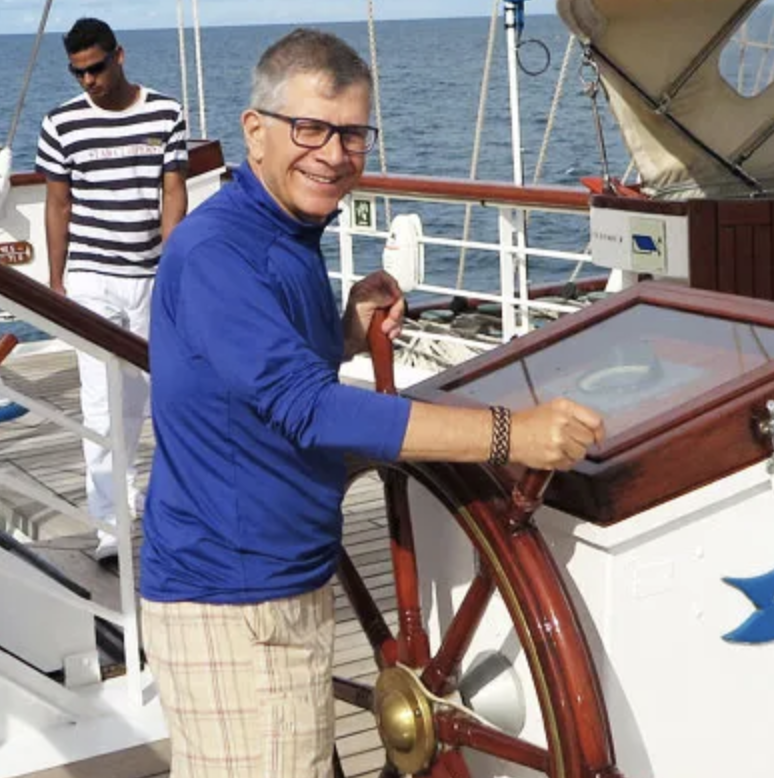
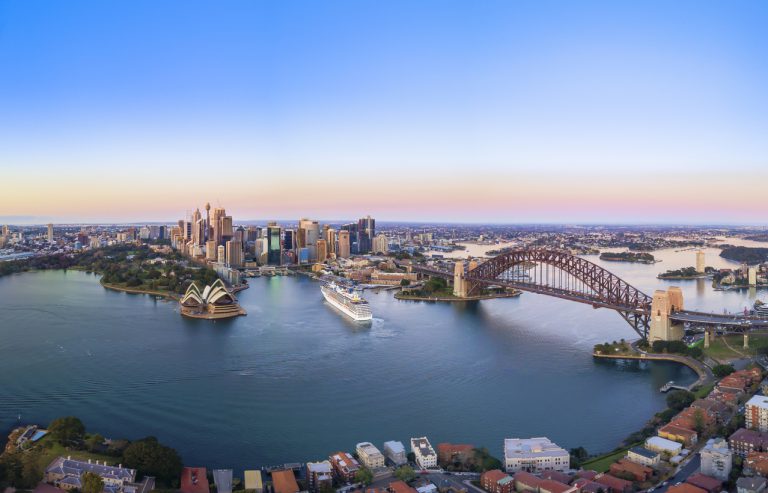
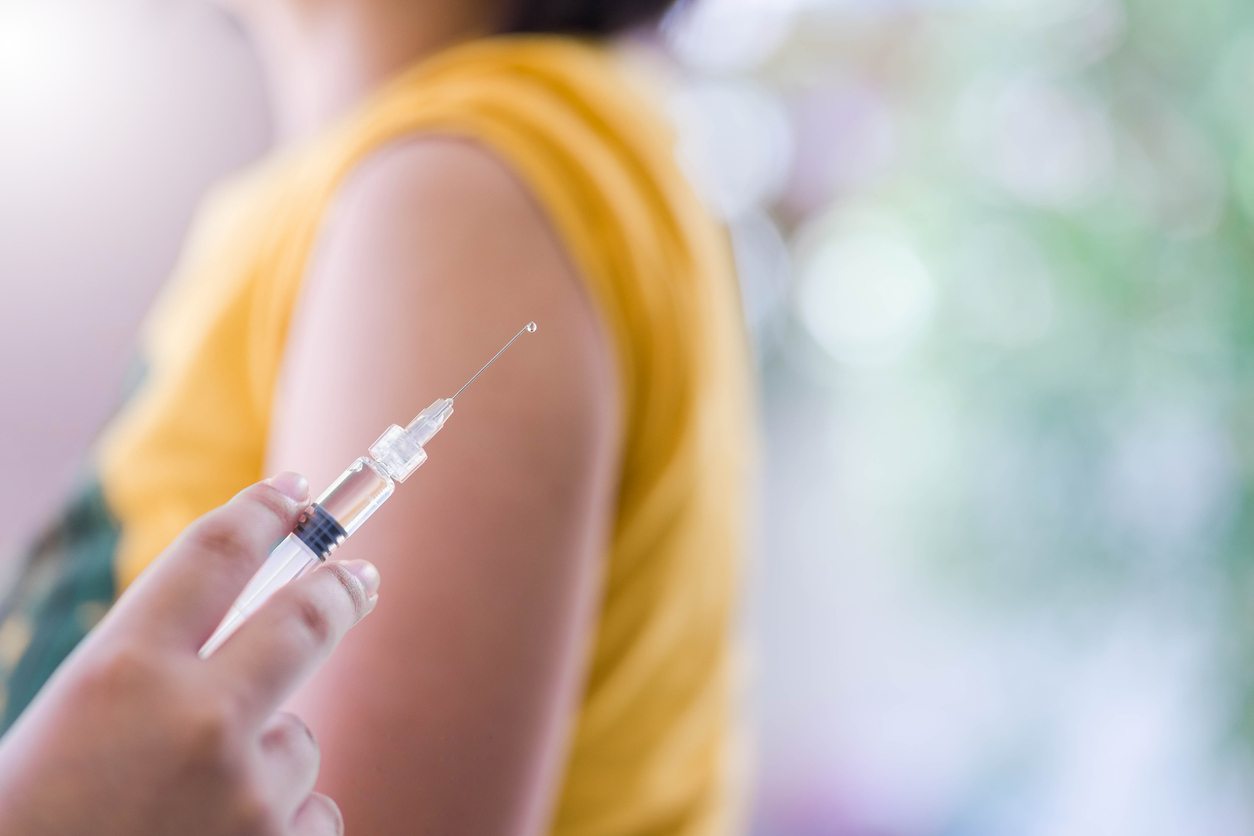

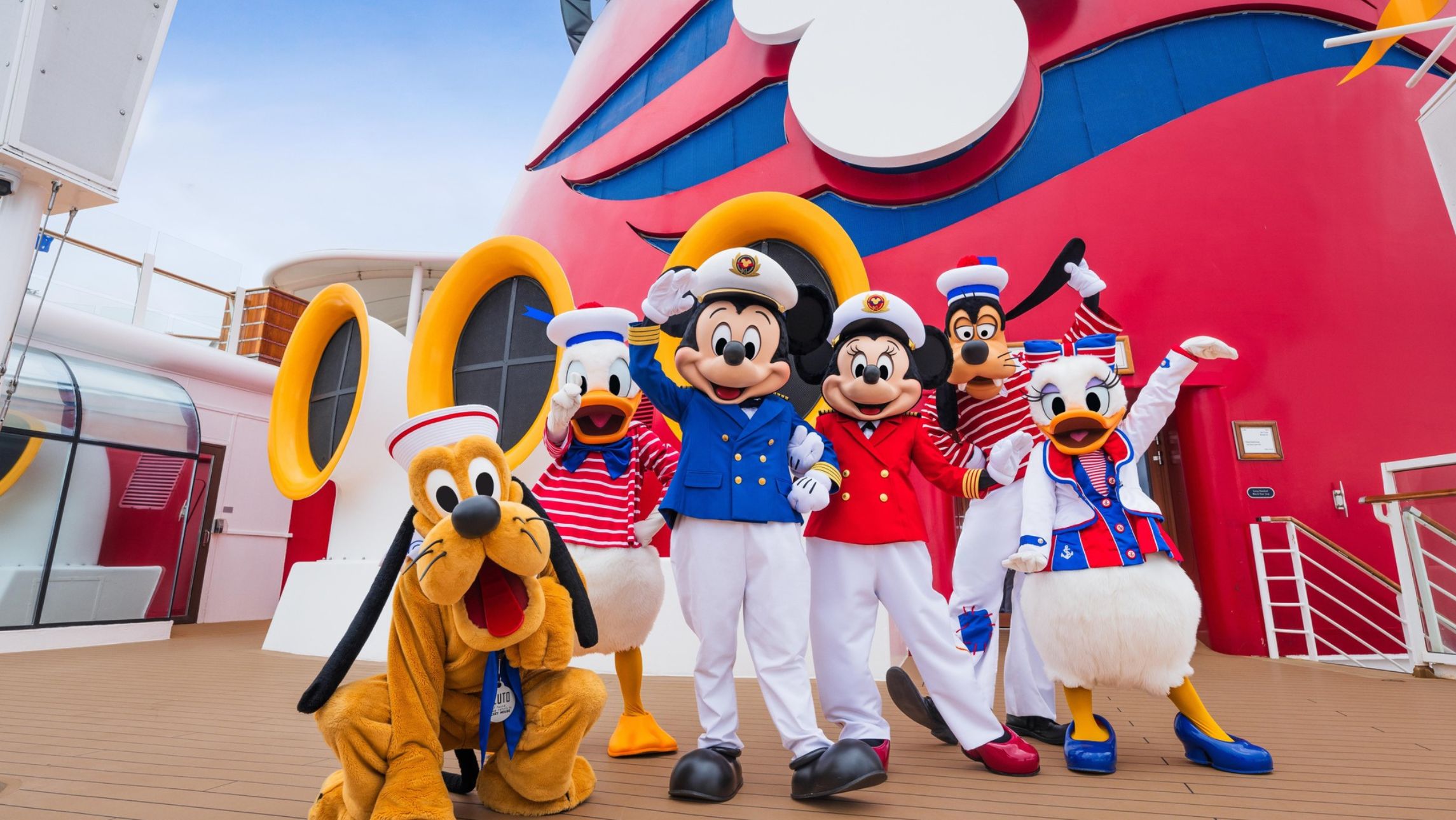

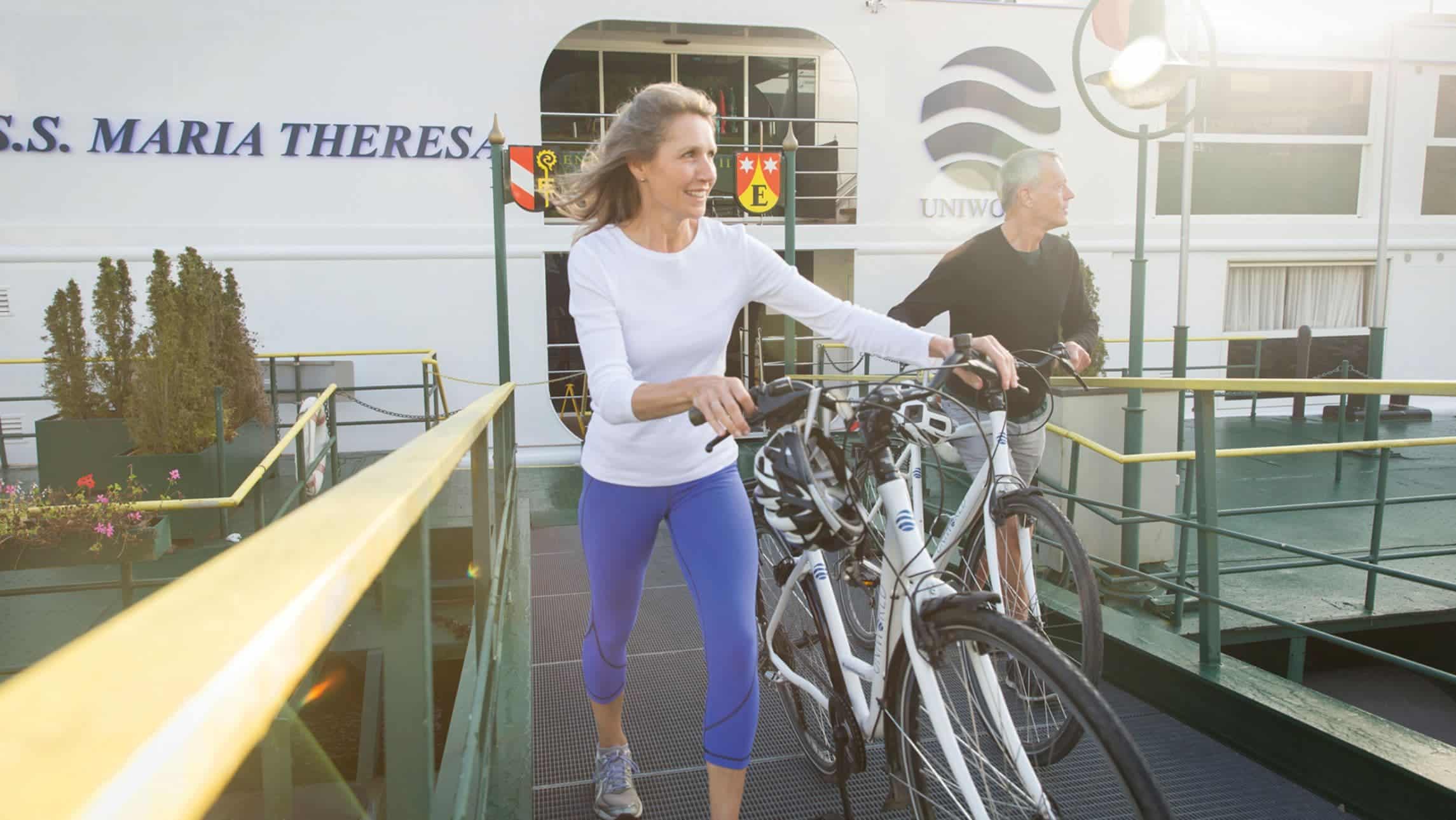



My Husband and I cruise a lot and are suffering from cruise withdrawals , we know it is going to come back bigger and stronger than ever. We have two cruises booked now , and really looking forward to seeing all our friendly staff again . We miss them all so much. Stay safe till we meet again soon. XXXX